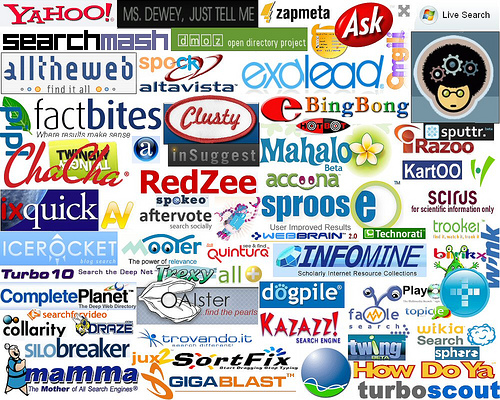Saint Leo University has been named in the President’s
Higher Education Community Service Honor Roll! Established in 2006, this honor
recognizes higher education institutions that reflect the values of exemplary
community service and achieve meaningful outcomes in their community. Whether
through the university wide Community Service Day or the numerous activities
conducted by different groups and organizations on campus, Saint Leo University
is a shining example of philanthropy at a Catholic institution.
Whether you are new on campus or would like to find
opportunities to volunteer, contact the Center for Values, Service &
Leadership, including information on AmeriCorps and Saint Leo’s alternative
spring break program, SERVE (Students Engaged in Relevant Volunteer
Experiences).
Once again congrats to the SLU Pride!
-Aimee Graham, Online Librarian -


